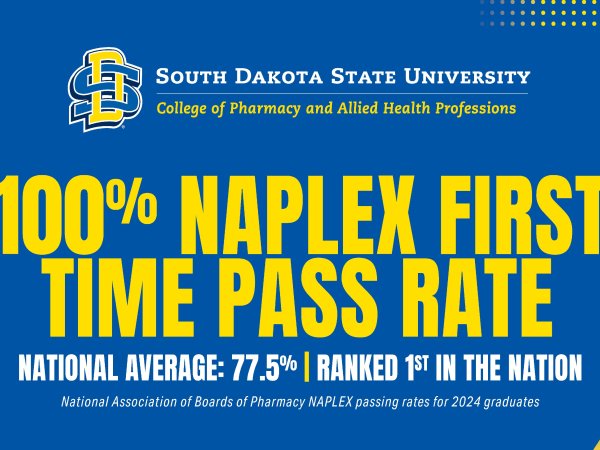Dana Hess
Community News Service
PIERRE — During the current legislative session, lawmakers will need to decide how much transparency state government should tolerate when it comes to reporting the outcome of court cases.
SB84 calls for the outcome of cases involving the state to forego confidentiality agreements. The outcome would be a public record. This applies to the identities of the parties involved in the court case, the legal claim made in the case, any payments made or actions taken by the government to settle the case.
“I sense an increasing need by the people of South Dakota for transparency,” said Sen. Arthur Rusch, R-Vermillion. “If public money is involved, the public should know what’s going on.”
Rusch said he was sure opponents of the bill would say that not being able to use confidentiality agreements would make lawsuits tougher to settle. His response: “So be it. Public disclosure is the main thing we need to address.”
Lobbyist Bill Van Camp, representing the South Dakota Retailers, said there were times when the business decision to settle a lawsuit was best handled with confidentiality.
“It will have a chilling effect on a business decision to settle,” Van Camp said of SB84, noting that confidentiality provides efficiencies for the court system, the state and businesses.
Dick Tieszen, representing the Associated School Boards of South Dakota, said more transparency always sounds great “unless its being applied to you and your loved ones.”
Money isn’t always a driving factor in the decision to settle a lawsuit, Tieszen said. That decision is often driven by how it’s going to affect people’s lives.
“A lot of times it’s real personal stuff,” Tieszen said.
Drew Duncan, a lobbyist representing Heartland Consumer Power District in Madison, said his client not only provides power but acts as a pass-through agency for loans. Should a customer default on a loan, under SB84 the terms would become public.
“There is very limited public benefit in that,” Duncan said.
Sen. Craig Kennedy, D-Yankton, a former trial lawyer, said he didn’t share the concerns of the bill’s opponents.
“A typical settlement agreement does not go into details,” Kennedy said. “This concern that we’re disclosing all sorts of personal information to the public is overstated.”
The bill passed through the committee on a 5-2 vote and now goes to the full Senate.



















